The Ottoman Empire is bizarrely overlooked in the West, despite the fact that it lasted more than 600 years and stretched from the gates of Vienna to Mecca at its height, with Istanbul as its capital. Millions of Christians, Muslims and Jews lived together in relative harmony, in regions now racked by conflict. These are the books I read as I travelled around the ex-empire, looking at how the region has changed since its collapse in 1923. My resulting travelogue, Ottoman Odyssey: Travels Through a Lost Empire, was inspired by a mixture of historical fiction, contemporary letters and personal stories as well as my journey. All these books come highly recommended if you’re interested in immersing yourself in the social richness of the empire as opposed to dry history.
1
Set in an idyllic village in southern Turkey, where Muslims and Christians live as neighbours before WW1 rips them apart, this is a surprisingly moving novel about love, war and the nature of patriotism. It is also an excellent insight into the social fabric of the late Ottoman Empire, the Battle of Gallipoli from the Turkish perspective and the life of Mustafa Kemal Atatürk, the founder of Turkey. Possibly my favourite novel of all time.
2
An evocative history of one of the most vibrant cities of the Ottoman Empire; Salonica was the Jewish capital of the empire (its lingua franca until the early 20th century was Ladino, the native tongue of the Sephardic Jews) and by far the most important and cosmopolitan city in Greece for hundreds of years under Ottoman rule. An excellent city-biography.
3
These private letters of the wife of the British Ambassador to Constantinople (1716-1718), written to her friends in England, are the best insight into the 18th century Ottoman Empire written in English. Lady Mary Montegu learned Turkish, infiltrated the Sultan's harem to learn about political machinations and discovered the practice of vaccination from Ottoman doctors among her many adventures. Her descriptions of the sweaty hamams, high fashion and religious customs of18th century Constantinople are also unexpectedly funny - I laughed a lot at this maverick lady adventurer.
4
This is the story of a nation-building disaster - the forced population exchange between Greece and the newly formed Republic of Turkey in 1923. Full of interviewers with the last surviving participants in the exchange, this is about the heartache and human cost of moving millions of people from their homes for political ends. An incredibly detailed examination of the importance of language, religion and geography, and what it means to belong.
5
Written in 1943 by the Bosnian Nobel Laureate Ivo Andric, this is a novel about the darker side of the Ottoman Empire - the enforced labour of local Christian subjects in modern day Bosnia. Commissioned in 1572 by the Grand Vizier Mehmed Pasha, the famous bridge (which still stands today) is the epicentre of a community that experienced all the turbulence of the Balkan region throughout the last few centuries of Ottoman rule. A 20th century classic.
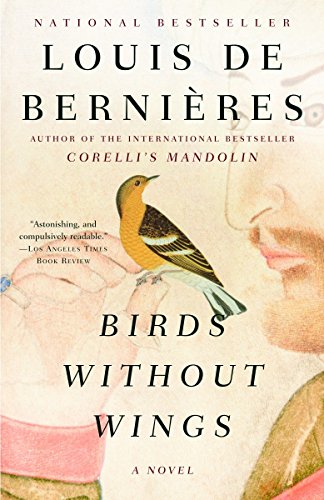
1
Set in an idyllic village in southern Turkey, where Muslims and Christians live as neighbours before WW1 rips them apart, this is a surprisingly moving novel about love, war and the nature of patriotism. It is also an excellent insight into the social fabric of the late Ottoman Empire, the Battle of Gallipoli from the Turkish perspective and the life of Mustafa Kemal Atatürk, the founder of Turkey. Possibly my favourite novel of all time.
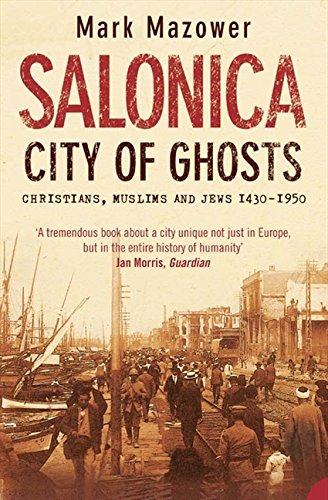
2
An evocative history of one of the most vibrant cities of the Ottoman Empire; Salonica was the Jewish capital of the empire (its lingua franca until the early 20th century was Ladino, the native tongue of the Sephardic Jews) and by far the most important and cosmopolitan city in Greece for hundreds of years under Ottoman rule. An excellent city-biography.
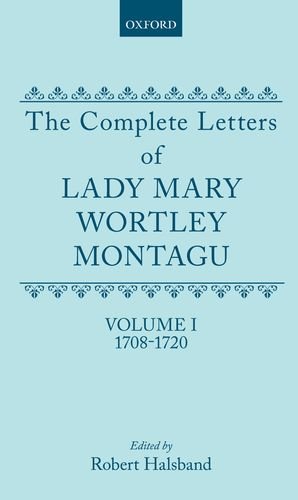
3
These private letters of the wife of the British Ambassador to Constantinople (1716-1718), written to her friends in England, are the best insight into the 18th century Ottoman Empire written in English. Lady Mary Montegu learned Turkish, infiltrated the Sultan's harem to learn about political machinations and discovered the practice of vaccination from Ottoman doctors among her many adventures. Her descriptions of the sweaty hamams, high fashion and religious customs of18th century Constantinople are also unexpectedly funny - I laughed a lot at this maverick lady adventurer.
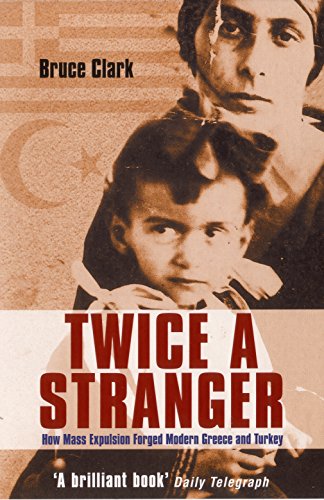
4
This is the story of a nation-building disaster - the forced population exchange between Greece and the newly formed Republic of Turkey in 1923. Full of interviewers with the last surviving participants in the exchange, this is about the heartache and human cost of moving millions of people from their homes for political ends. An incredibly detailed examination of the importance of language, religion and geography, and what it means to belong.
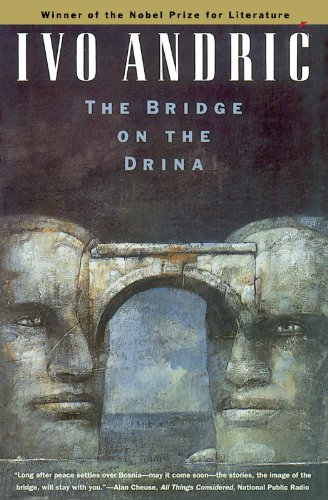
5
Written in 1943 by the Bosnian Nobel Laureate Ivo Andric, this is a novel about the darker side of the Ottoman Empire - the enforced labour of local Christian subjects in modern day Bosnia. Commissioned in 1572 by the Grand Vizier Mehmed Pasha, the famous bridge (which still stands today) is the epicentre of a community that experienced all the turbulence of the Balkan region throughout the last few centuries of Ottoman rule. A 20th century classic.
© Five Books 2026